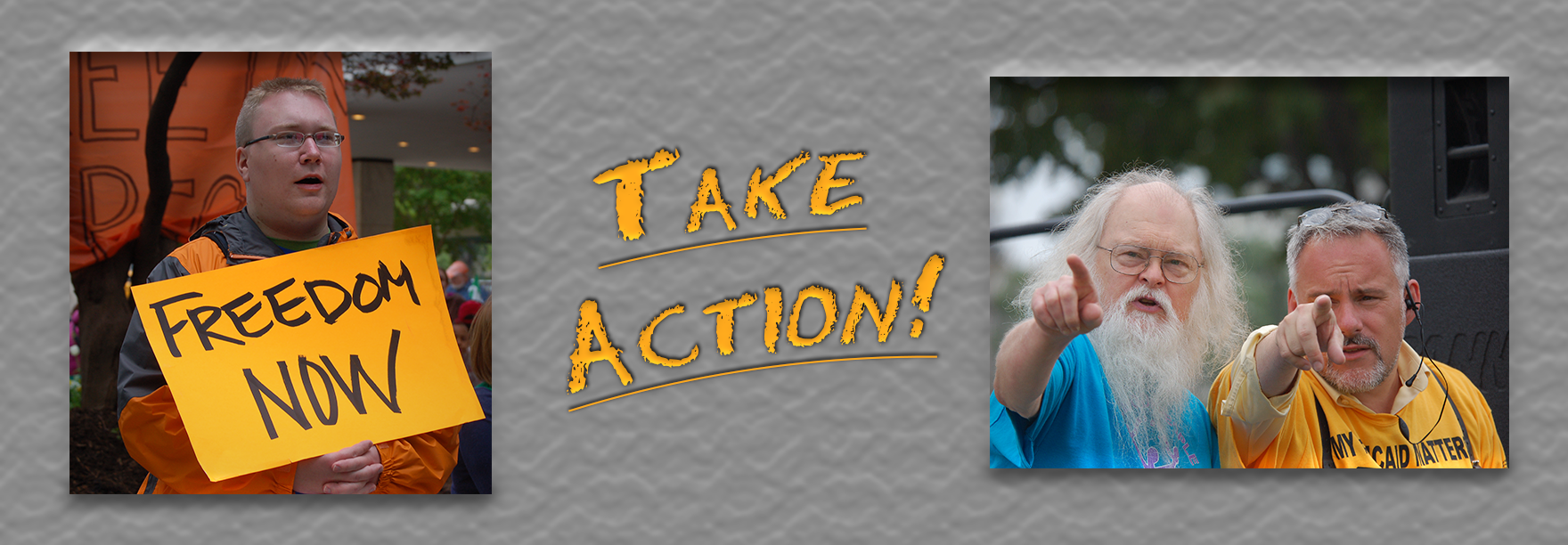Pat Green Gumson was the Director of the NYS DOH TBI Medicaid Waiver Program a few years ago. Before taking her job in Albany, Pat worked at STIC. Her skills at collaboration and advocacy were absolutely instrumental in the development of TBI waiver services. After retiring, she was the keynote speaker at a TBI Conference here at STIC. Below are her advocacy tips.
A Smorgasboard
(Take What You Like and Leave What You Don’t)
23 Advocacy Guidelines: A Tactful, No-Nonsense Approach
1. You are the best advocacy instrument you have. Who you are, how you are, and where you are at is vital to your efforts. Take care of yourself and nurture yourself holistically – spiritually, mentally, emotionally, and physically. If you neglect to follow rule one, you won’t be able to do much good for anyone for very long. Listen very carefully for the “soft” warning signals that you need to go back to rule one. The warnings will get louder and “harder” until you hear them.
2. Nothing is more important than your piece of mind or more useful than your sense of humor and joy. Be true to yourself.
3. One person does and can make “a” difference – sometimes even “the” difference between success and failure. Do not worry if you come to a crossroad and must choose a path that no one else is on. Other good people will join you along the way.
4. It does not matter where you are standing. All that matters is the direction in which you are moving. Keep focused on your goal. One step at a time is just fine.
5. Serve people rather than philosophies or politics. Get your feet wet and your hands dirty and find out what needs to be done and do it with pragmatic idealism.
6. Always put your positive purpose ahead of personalities.
· Be patient with redheads, air heads, and hot heads.
· Welcome and work with everyone who will contribute to the accomplishment of a common goal even if your worst nightmare would be to be stranded in a broken elevator with that person.
· However, when all else fails and the positive purpose is in jeopardy and you are sure personality conflict is not the issue – do not be afraid to take risks and take a strong stand.
7. Identify key players and cultivate and nurture those relationships, especially in difficult times. Try nnot to take offenses personally.
8. Meet people where they are even if you are uncomfortable with where they are. You cannot work together if you do not understand one another.
9. The quality of your decisions will be directly reflective of your patience with your own not knowing.
10. No advocacy is better than bad advocacy. If in doubt, bite your tongue and wait a little longer and learn a little more.
11. Would you rather be right or be happy (happy because you accomplished your goal)? Winning arguments is not a bad thing but getting the job done is an even better thing.
12. Realize that the persons most in need of empowerment are often part of the systems (i.e. administrators, doctors, nurses, social workers, and bureaucrats). Many will respond quite well to some good cognitive insight oriented strategies (strategies which address self-esteem issues, give positive validation, and point out that they do have choices and that there might be another way, a better way and that win/win situations are indeed possible). Others need a tighter behavior modification approach, such as, “Do your job or you might lose it.” I believe that most people truly want to do a good job and that few want to lose their jobs. Concerned compassion and firm assertiveness are often effective tools in reaching out to professionals suffering from attitude impairments and disabilities.
13. If you can get all the players involved in a problem to come together in one room and then shine a very bright light on that problem, it will be impossible to hide the mess and everyone will want to clean it up.
14. Independent Living centers are the ideal forum from which to do systems and individual advocacy as well as consumer driven community based support services. Involve your ILC in your efforts and become involved in their efforts.
15. Anger and Blame are the first stages in the process of grieving a loss. In advocacy you never lose, you just try again. Anger gives us energy to go on but blame is usually a waste of valuable time and energy that needs to be put into trying again. To quote Dr. Robert Anthony, “When you blame others, you give up your power to change.”
16. Opportunities are like babies: their arrival cannot be planned, scheduled, or predicted with much accuracy. They choose inconvenient, busy, and tired times. Welcome them, embrace them, and go the distance with them. They hold unlimited potential.
17. Be a silk weaver of life. Make your work the weaving of beautiful silk, which you leave behind. Don’t ask for any of it back and be the free and beautiful butterfly that you are. If you are afraid to leave your cocoon behind, you may suffocate in your self-centered fears, but surely, you will never know the joy of breathing true freedom. Be willing to leave something beautiful behind and joy will always be ahead of you. (Special thanks to Jan Jacobowicz who taught me this rule when I asked her what was the secret to her spirit of survival).
18. Feel as little fear as is humanly possible and as much love as is humanly possible.
19. In addition to the well-known golden rule, remember also the silver rule: “Never do anything to anyone that they do not want done to them and never do anything for anyone that they can do for themselves.”
20. Do not let your compassion be tainted by sympathy.
21. Forgive yourselves and others in times of failure.
22. Lighten up, but don’t settle.
23. Above all else, go back to rule one. Take care of yourself.
P.S. You can accomplish anything if you are willing to let someone else take the credit.
P.P.S. Establish relationships before you need to ask for help.







